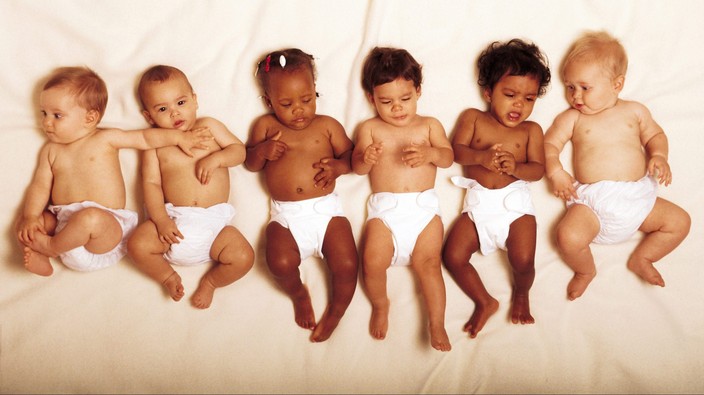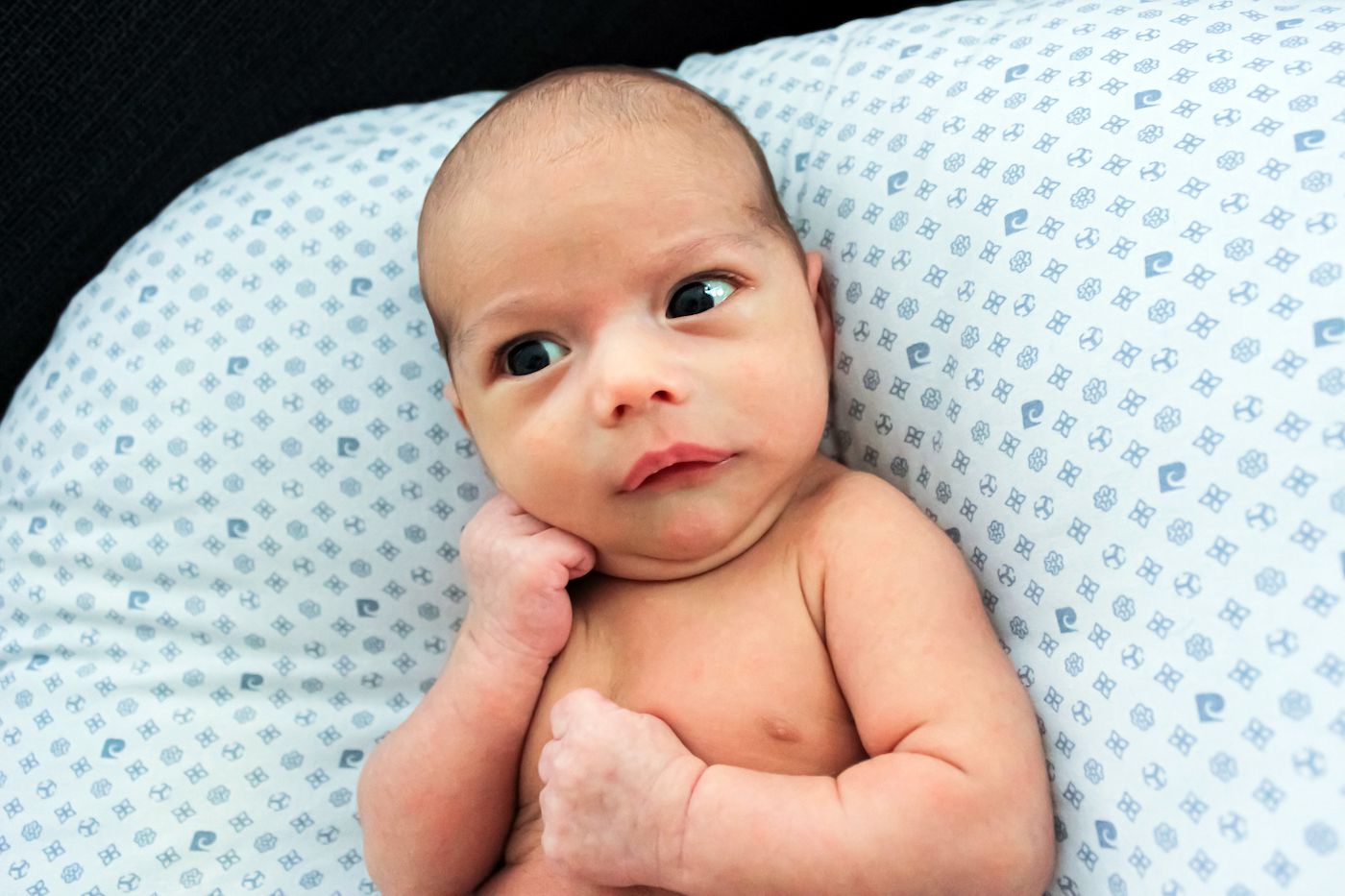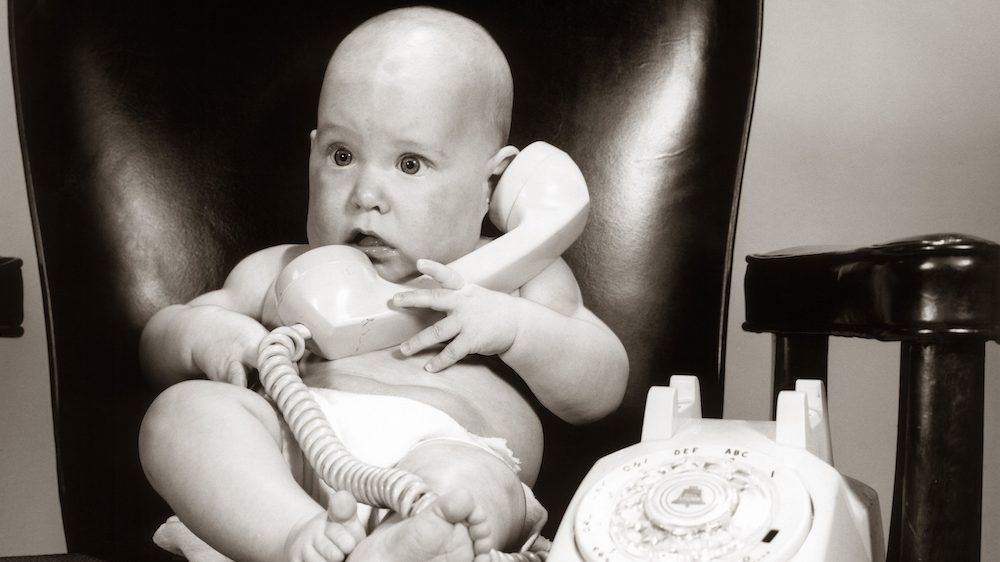stavropoulos also believes these emotions evolved as a kind of protective mechanism. “if you’re overwhelmed to the point of being unable to handle it, cute aggression may balance that out enough to allow you to care for these fragile little beings that depend so much on us,” she says, pointing out. that people who don’t feel cute aggression aren’t less caring, they’re simply not as overwhelmed.
aggression actually correlates to caring
other scientists trace the desire to bite a baby to our primate origins when friendly social biting was, and in some cases still is, common. some monkey species love holding, hugging and nibbling another monkey’s baby, which is a good thing considering these groups share caretaking of infants.
nipping is also prevalent among mammals that play-fight, but as with the urge to chomp on an adorable baby, there’s no intent to hurt. in fact, primatologist susan perry at the university of california, los angeles, who has observed capuchin monkeys clamp down on each other, believes they’re testing their social bonds. if one sticks its finger in another’s mouth and withdraws it fully intact, that says, “you can trust me.”
while aragón focuses on the signalling value of dimorphous expressions, stavropoulos plans to expand her research into cute aggression to study the phenomenon in wider populations, such as mothers with postpartum depression, people with autism, people with and without pets or babies of their own, and children.
 4 minute read
4 minute read









